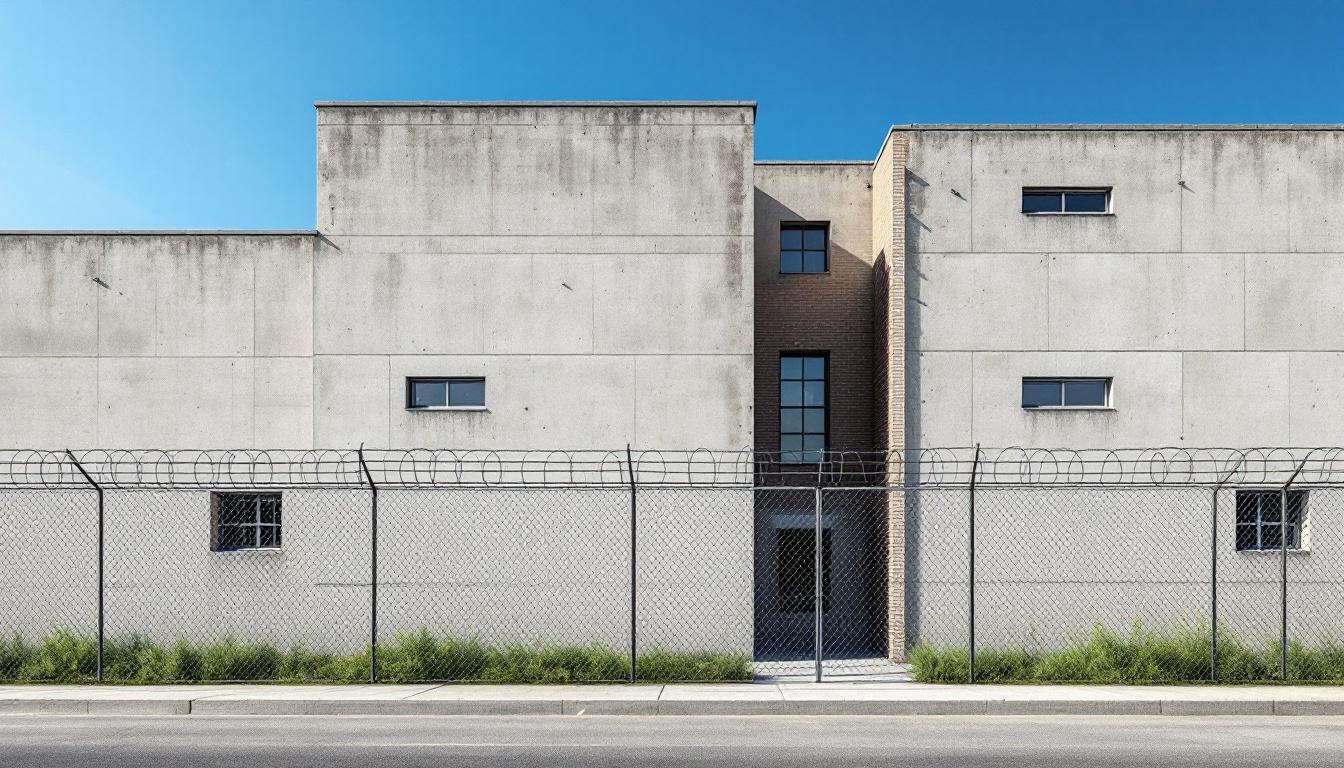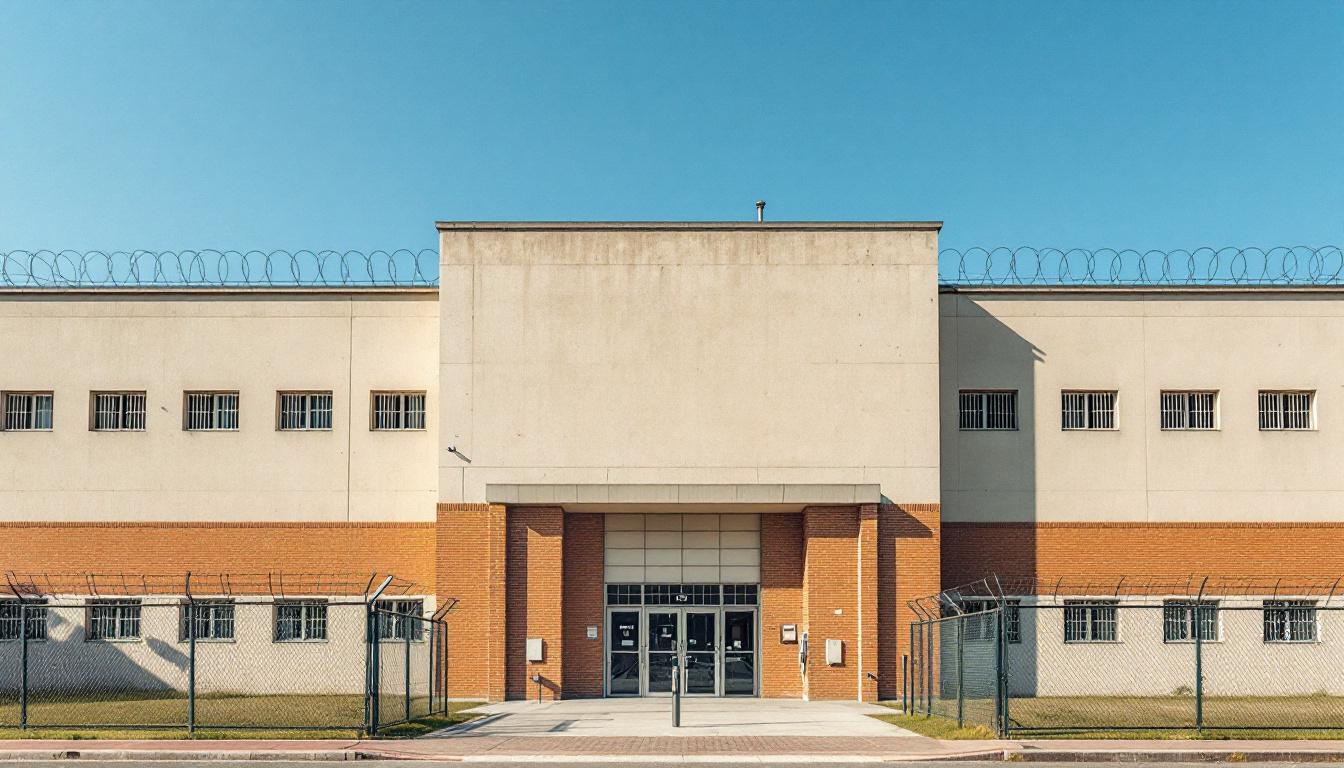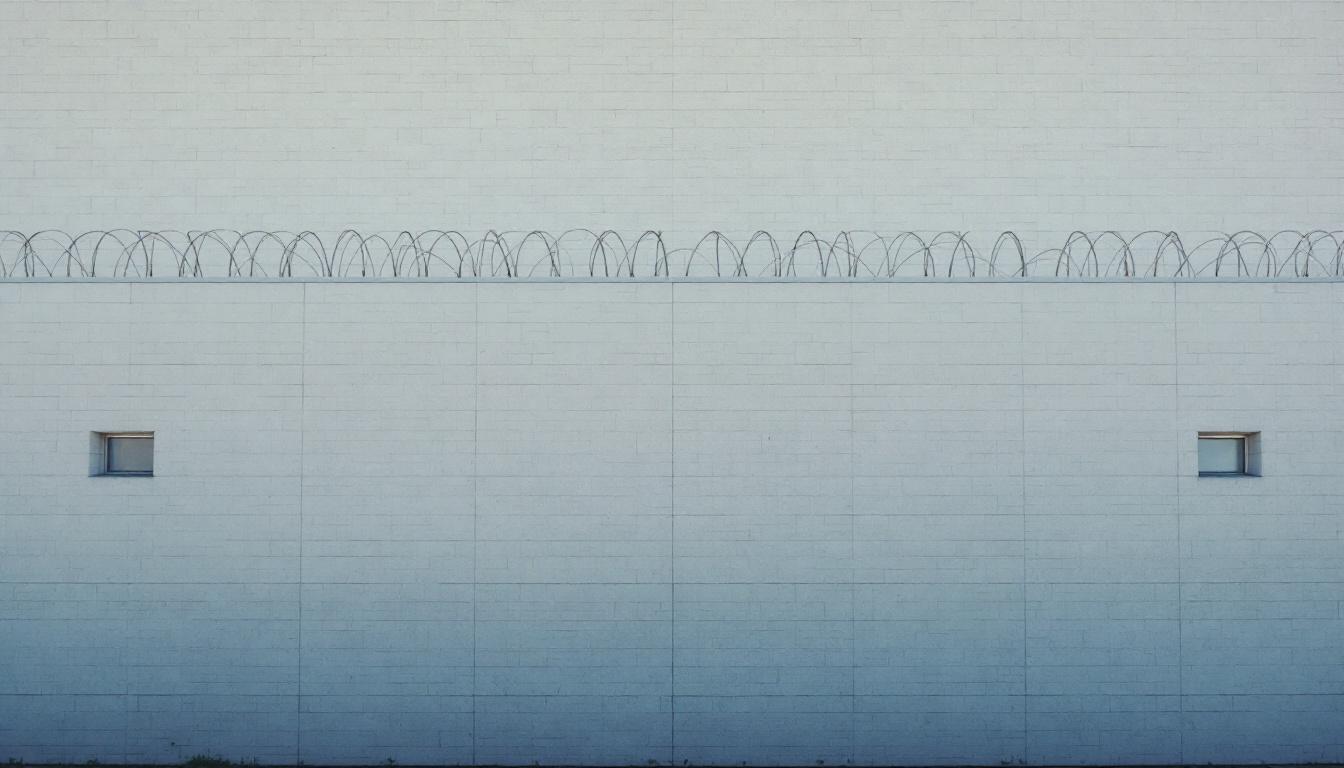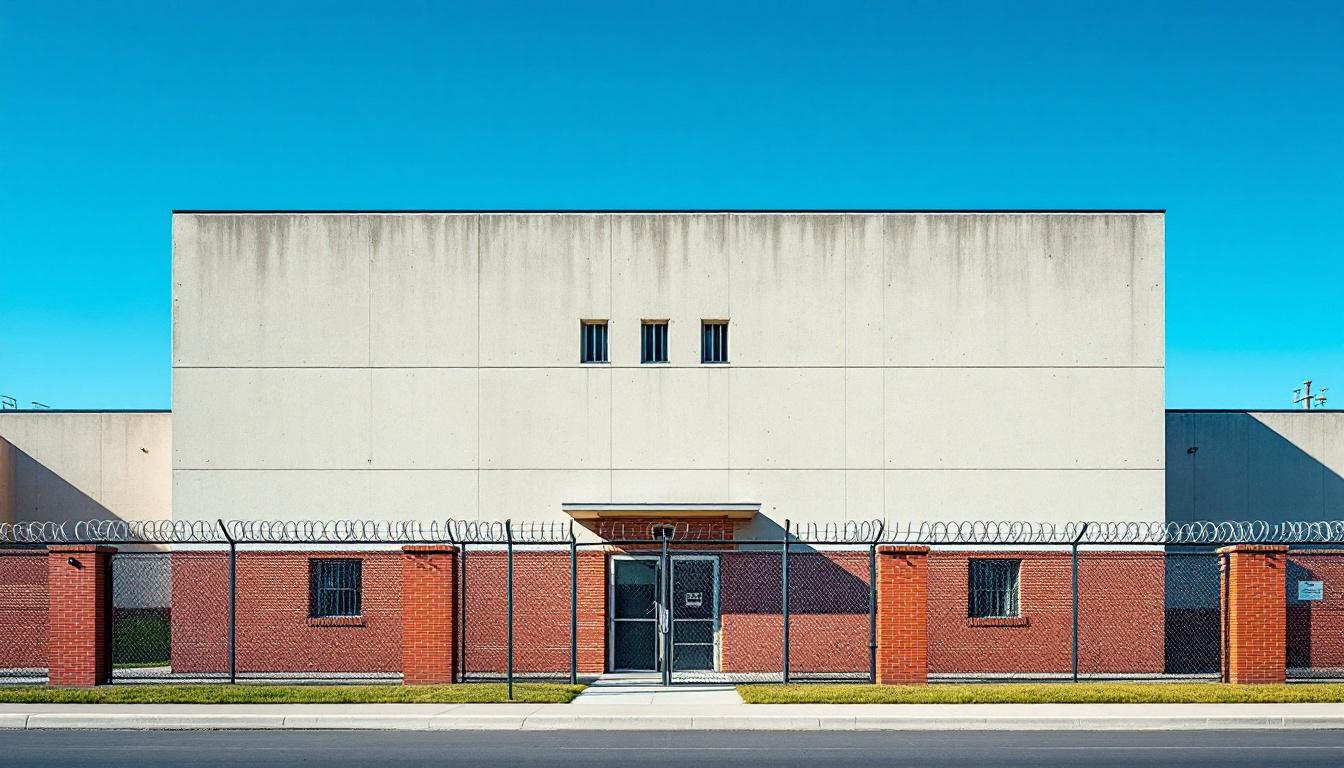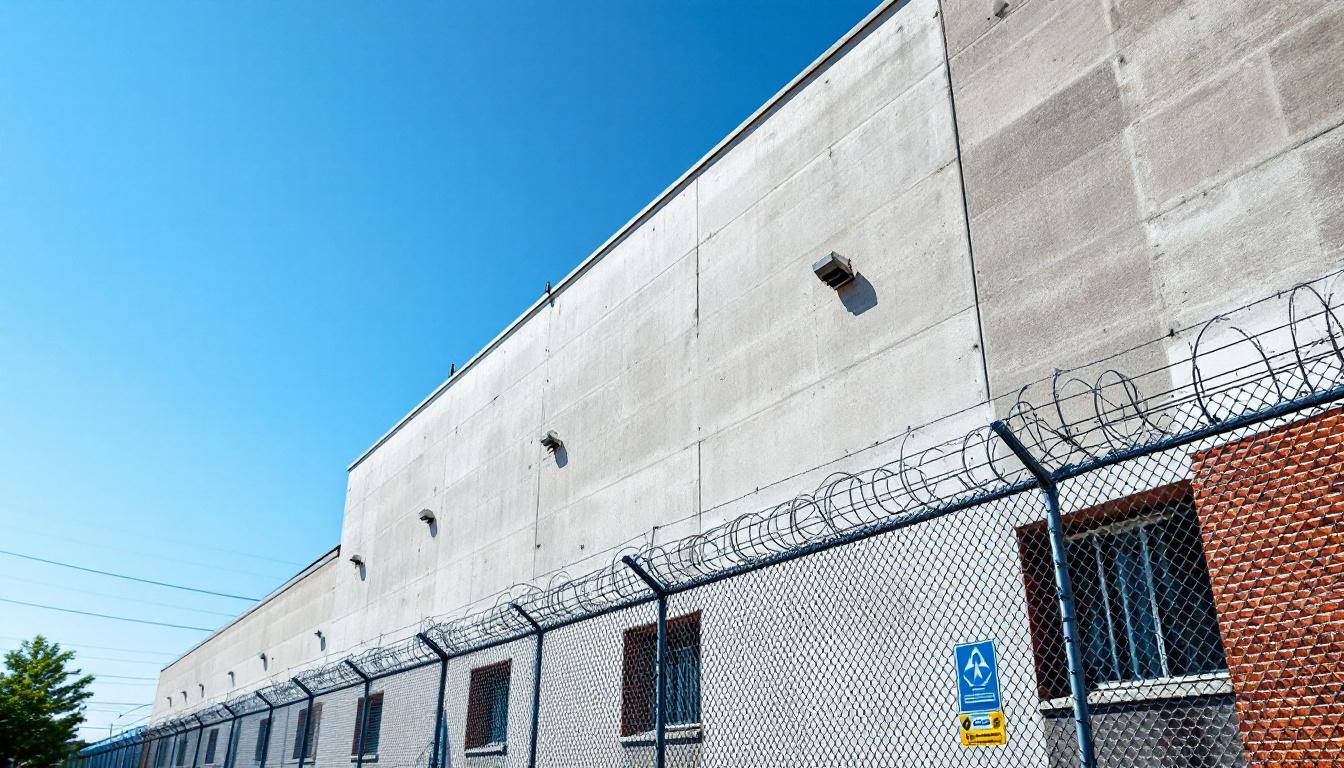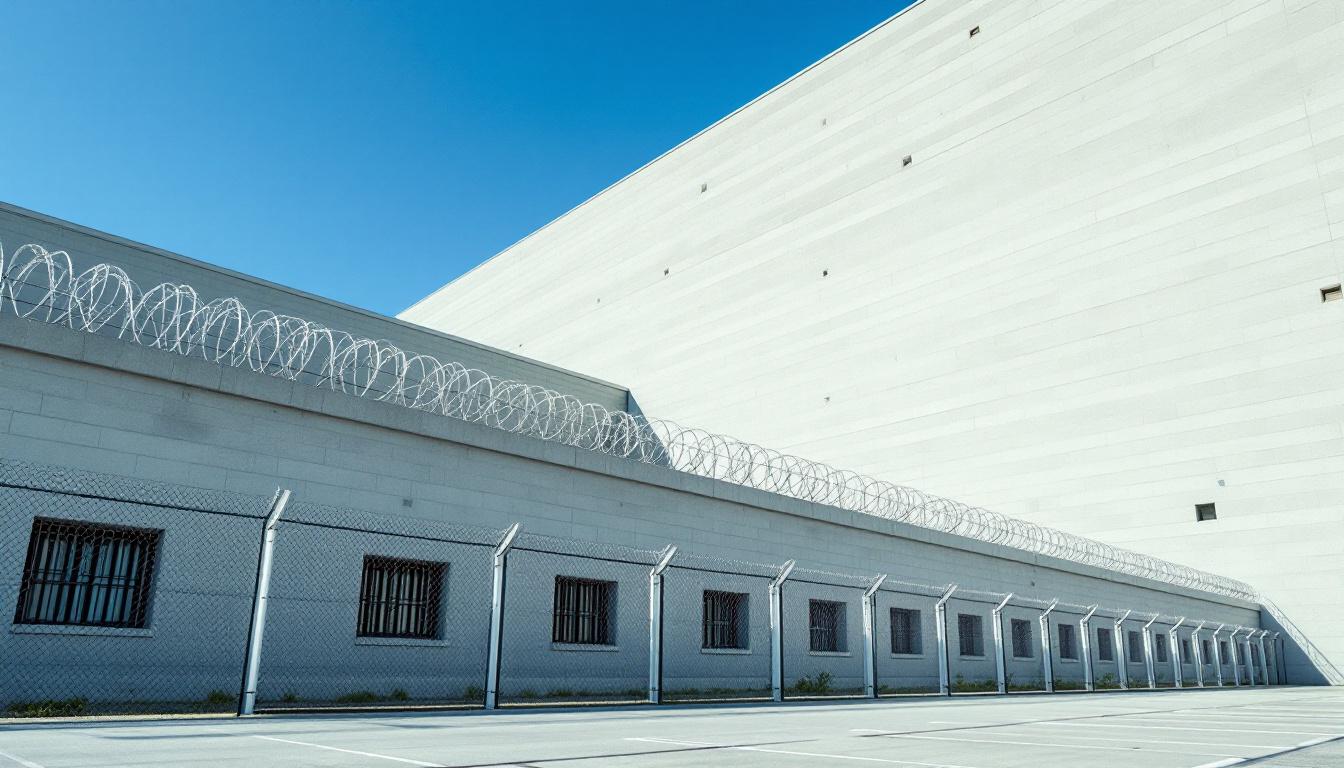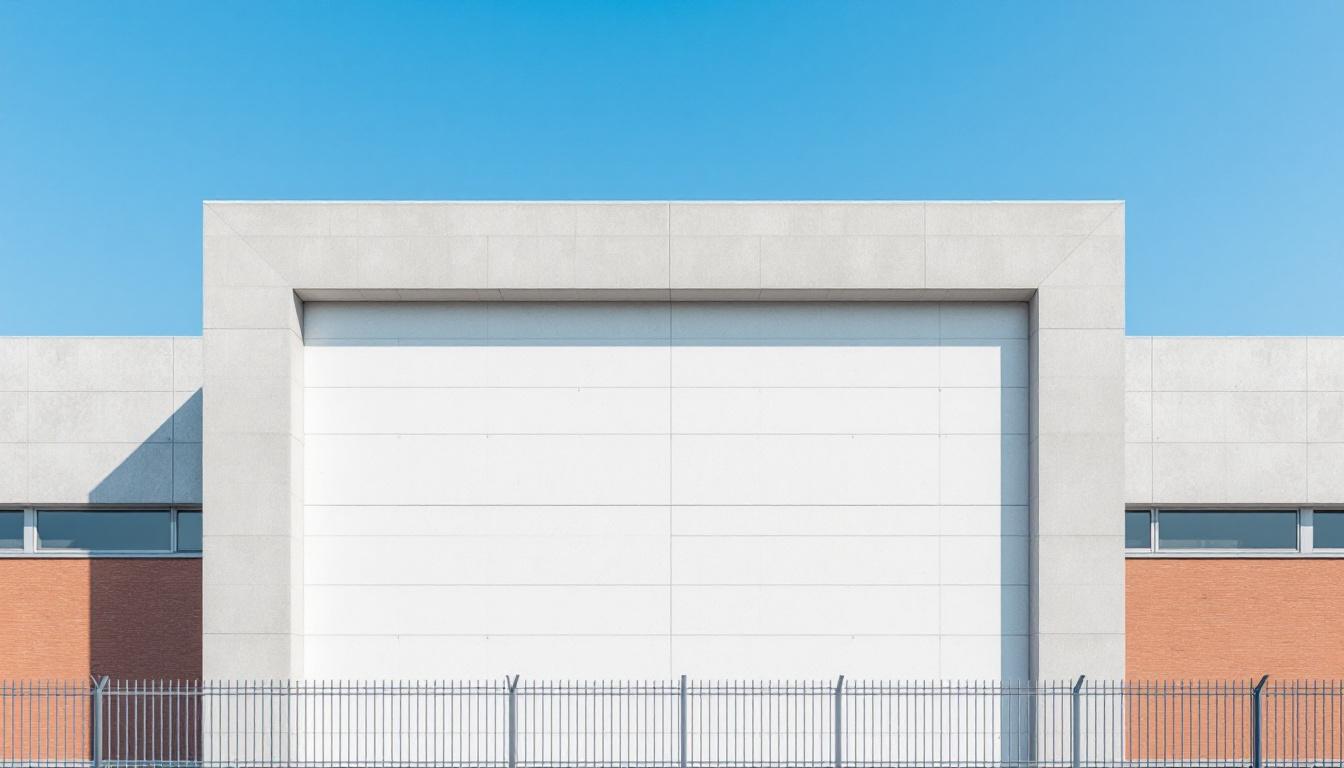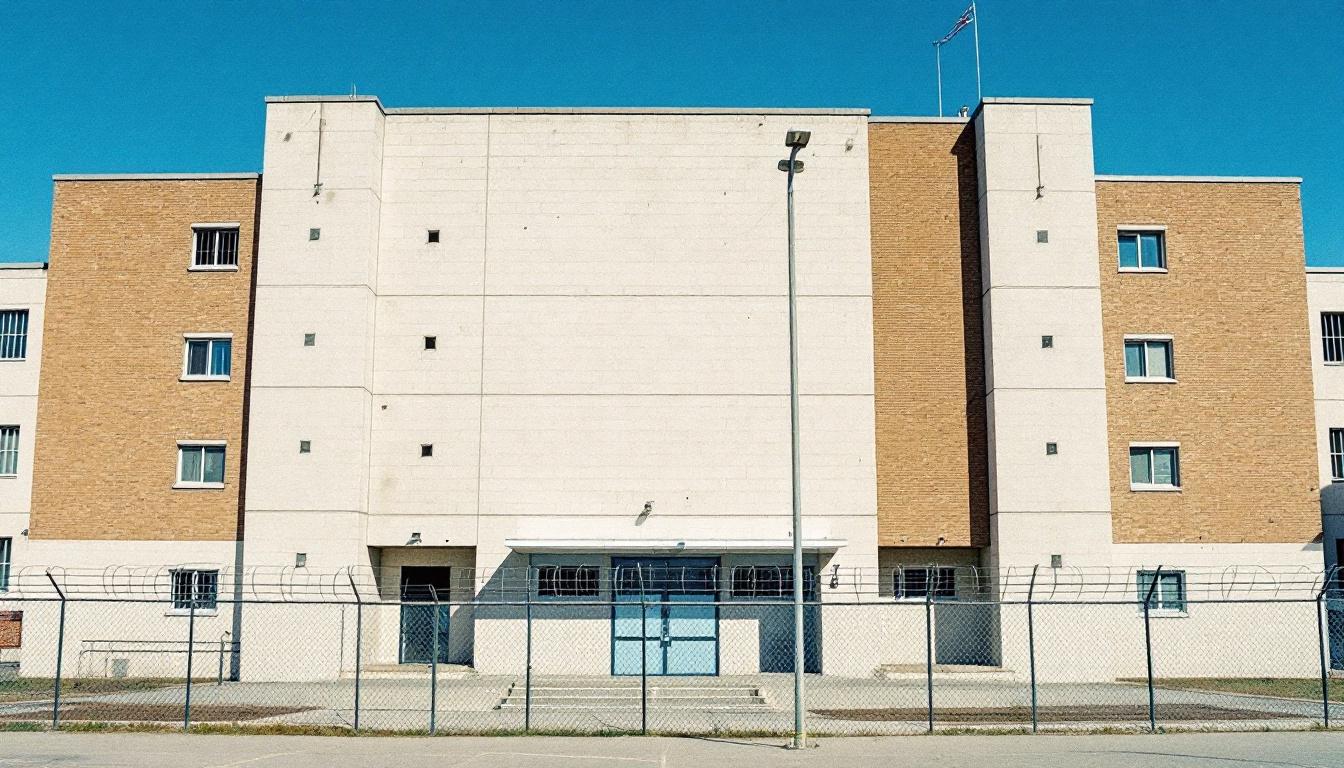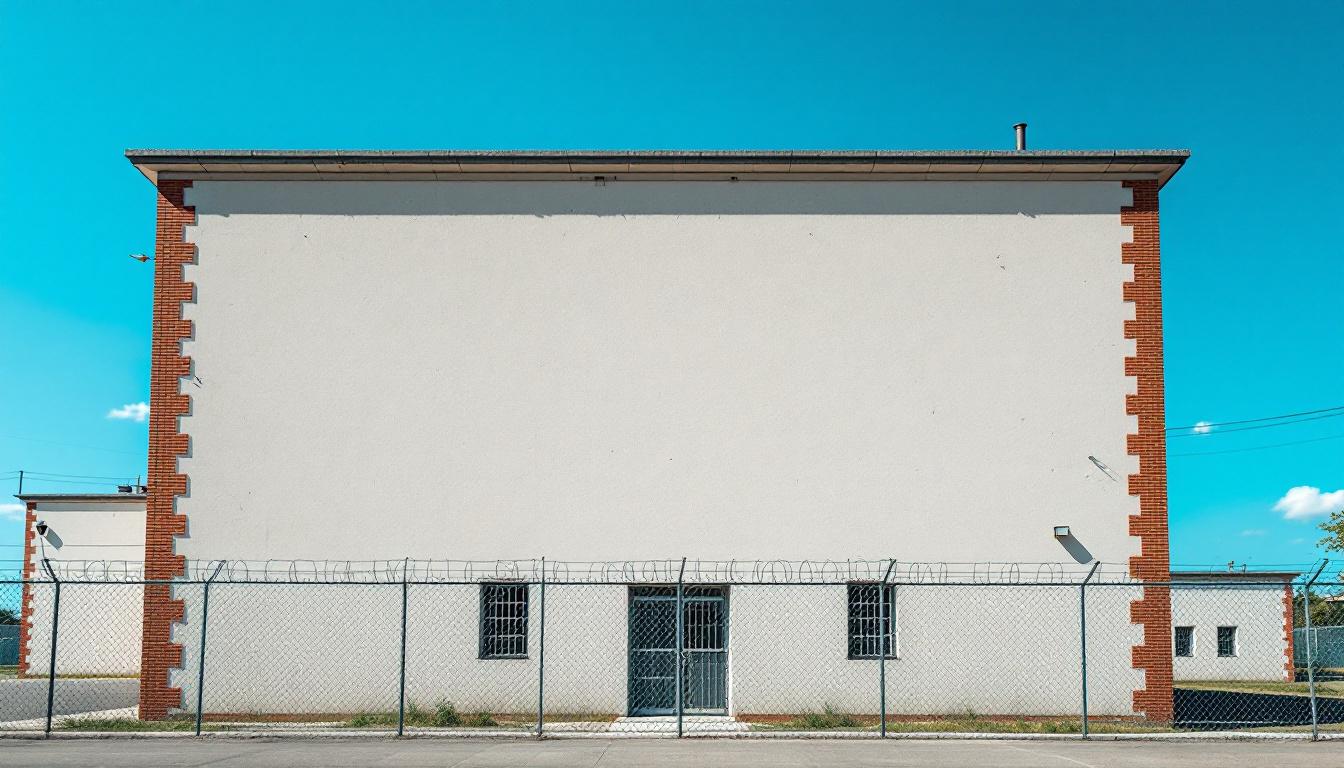
Quick Navigation
How to contact an inmate at Hill Detention Center
This comprehensive guide will walk you through how to connect with an inmate at Hill Detention Center. Follow the steps below to find an inmate and send letters and photos:
- Search for the inmate using our search tool below
- Create your account or log in to Penmate
- Write your message (up to 6,000 characters)
- Send instantly - inmates receive printed copies daily
Find an Inmate
Search for an inmate to start communicating today
Tip: You can search by first name, last name, or inmate ID number
To contact a person at Hill Detention Center start by searching for the person on the facility website. Perform a search by following these steps:
- Step 1: Enter their first name and last name into the search form and click "Search"
- Step 2: Locate their inmate record
- Step 3: Write down their Inmate ID and any housing information provided
Important! Be sure to enter the person's full name. Nicknames should not be used.
How to Send Messages to Inmates

You can use your phone or computer to send emails, letters, and photos to an inmate. Messages are sent electronically to inmate tablets or kiosks at the facility. If you would like to send a message, start by searching for an inmate at Hill Detention Center.
Sending Photos and Postcards

A great way to send love and support to a loved one at Hill Detention Center is to send photos and postcards. It only takes a few minutes to send photos from your phone and it makes a huge difference. You can also mail postcards with words of support and inspiration, or design your own postcard for special moments like birthdays and holidays.
Important! Be sure not to send any explicit photos or they may not be approved by the facility. You can also use a photo printing app like Penmate to make sure your photos are printed at the correct size (4x6 or 3x5) and are mailed according to the rules and regulations of Hill Detention Center.
Frequently asked questions about Hill Detention Center
-
How long does it take to deliver a message?
If you're sending an email message your letter is usually delivered within 24-48 hours. For messages sent via mail you should expect delivery within 3-7 days. All messages will need be approved by Hill Detention Center.
-
How much does it cost to send a message to Hill Detention Center?
You can send a message free using your phone or mail a message via USPS for the price of a $0.60 stamp and envelope. You can also purchase credits or e-stamps from services starting at $1.99.
-
What services can I use to contact an inmate at Hill Detention Center?
Penmate
You can use Penmate to send letters and photos to an inmate from your phone. It's an easy way to stay in touch during your loved one's incarceration. Use the inmate locator to find an inmate's location and contact information, then you can send messages within a few minutes.
Securus messaging
Securus may be another option for communicating with an inmate at Hill Detention Center. You can create a friends and family account and purchase credits to send messages. All messages will be reviewed and must be approved by the facility.
JPay
Some county jails and state prisons may support sending messages with JPay. You must register an account with the system, find your loved one, and purchase stamps to send messages. For some locations you can also attach photos.
Smart Jail Mail
You may also check if Smart Jail Mail is available at Hill Detention Center. Smart Jail Mail is operated by Smart Communications and has contracted with some state and county jails. After purchasing credits, your messages and photos are sent to the facility, printed out, and then handed out to your loved one.
-
What is the mailing address of Hill Detention Center?
Mailing address:
Hill Detention Center
506 2nd Ave N
Nashville, TN 37201
Phone: (615) 862-8288 -
What are the visiting hours at Hill Detention Center?
Visiting hours at Hill Detention Center vary by housing unit and security level. Generally, visits are scheduled on weekends and holidays, with some facilities offering weekday visits. Contact the facility directly at (615) 862-8288 or check their website for the current visiting schedule. Visits typically last 30-60 minutes and must be scheduled in advance.
-
What items are prohibited when sending mail to Hill Detention Center?
Prohibited items typically include: cash, personal checks, stamps, stickers, glitter, glue, tape, staples, paperclips, polaroid photos, musical or blank greeting cards, hardcover books, magazines with staples, and any items containing metal or electronics. Only send letters on plain white paper with blue or black ink. Photos must be printed on regular photo paper (no Polaroids). Always check with Hill Detention Center for their specific mail policies.
-
How do I send money to an inmate at Hill Detention Center?
You can send money to an inmate at Hill Detention Center through several methods: 1) Online using JPay, Access Corrections, or the facility's approved vendor, 2) Money orders mailed directly to the facility with the inmate's name and ID number, 3) Kiosks located in the facility lobby, or 4) Over the phone using a credit or debit card. Fees vary by method, typically ranging from $2.95 to $11.95 per transaction.
-
Can I schedule a video visit with an inmate at Hill Detention Center?
Many facilities now offer video visitation as an alternative to in-person visits. At Hill Detention Center, video visits may be available through services like Penmate, Securus Video Connect, GTL, or ICSolutions. Video visits typically cost $10-20 for 20-30 minutes and must be scheduled in advance. You'll need a computer or smartphone with a camera and reliable internet connection. Contact the facility for their specific video visitation policies and approved vendors.
-
What identification do I need to visit an inmate at Hill Detention Center?
All visitors must present valid government-issued photo identification such as a driver's license, state ID, passport, or military ID. Minors must be accompanied by a parent or legal guardian who can provide the minor's birth certificate. Some facilities require visitors to be on the inmate's approved visitation list, which may require a background check. Contact Hill Detention Center for specific ID requirements and visitor approval procedures.
-
How can I find out an inmate's release date?
To find an inmate's release date at Hill Detention Center, you can: 1) Use the online inmate search tool if available, 2) Call the facility's records department, 3) Contact the inmate's case manager or counselor, or 4) Have the inmate provide this information during a call or visit. For privacy reasons, some facilities only release this information to immediate family members.
Facility Overview
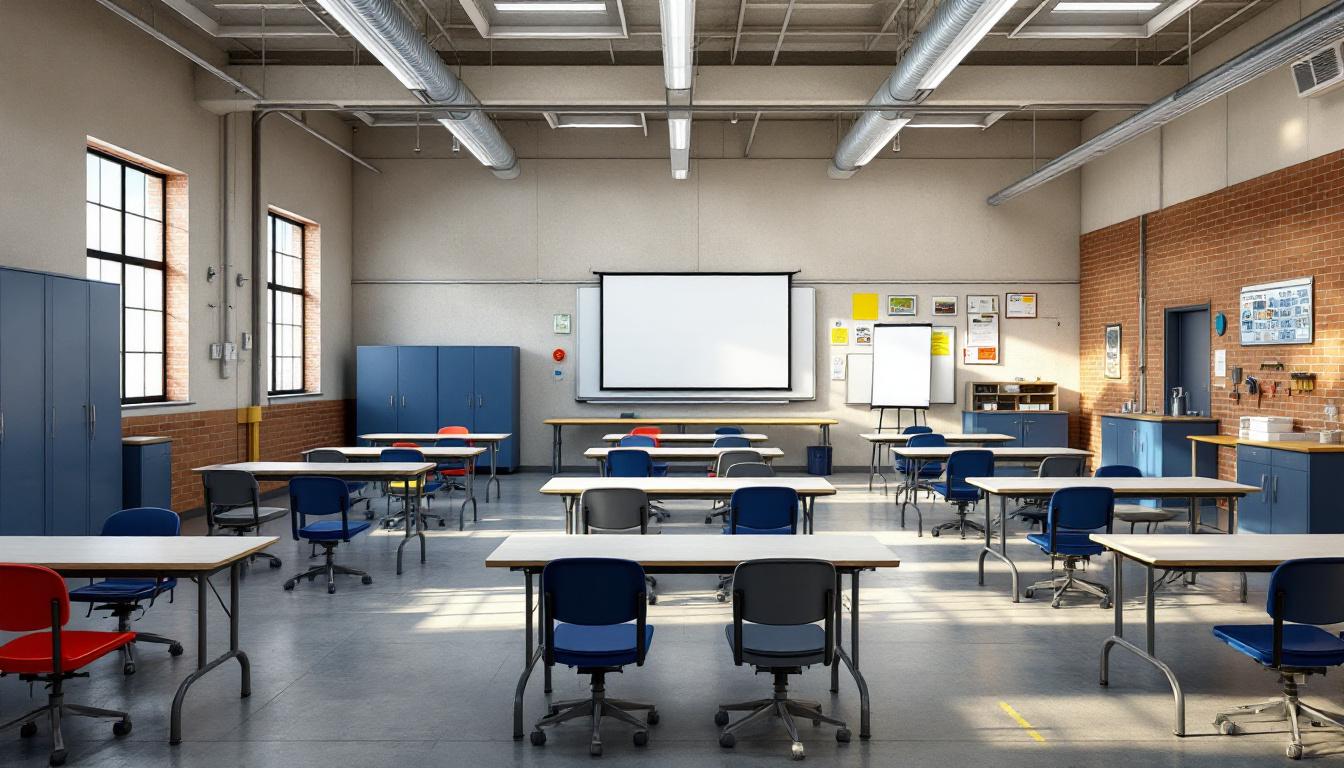
About Hill Detention Center
Comprehensive support services and structured programming form the foundation of daily operations at Davidson County Hill Detention Center, TN, where individuals typically have access to educational opportunities, counseling resources, and preparation programs designed to facilitate successful community reintegration. This Nashville-based facility generally operates with an emphasis on connecting residents with local community organizations and service providers, recognizing that meaningful partnerships often enhance the effectiveness of rehabilitation efforts within Tennessee’s correctional framework.
The operational philosophy at this TN correctional facility generally centers on creating pathways for personal development while maintaining security protocols appropriate for a detention environment. Educational programming may include basic literacy instruction, GED preparation, and vocational training opportunities that align with Nashville’s regional employment landscape. Mental health services and substance abuse counseling are typically available, often delivered through collaborative arrangements with community-based providers who understand the unique challenges faced by individuals transitioning back into Davidson County neighborhoods.
Located within Nashville’s correctional infrastructure, the detention center generally serves as both a pre-trial holding facility and a sentenced facility for individuals with shorter terms. The facility’s approach to individuals services typically emphasizes maintaining family connections and community ties, which research suggests can significantly impact successful reentry outcomes. Programming may include life skills workshops, anger management courses, and job readiness training, all designed to address the practical challenges that residents often face upon release into the greater Nashville metropolitan area.
Programs & Services
The breadth of developmental opportunities within Davidson County Hill Detention Center reflects a multifaceted approach to individual growth and community preparation. Rather than offering isolated interventions, the facility typically integrates educational advancement, vocational skill-building, and personal development into a cohesive framework designed to address the diverse needs of its population. This comprehensive methodology recognizes that meaningful change often emerges through sustained engagement across multiple domains of learning and self-improvement.
Educational services form the cornerstone of these offerings, providing individuals with pathways to academic achievement and intellectual growth. The facility may offer structured learning environments where participants can pursue foundational literacy skills, complete high school equivalency requirements, or engage in continuing education opportunities. Furthermore, vocational programs complement these academic pursuits by delivering practical, market-relevant training in essential trades such as plumbing, equipping individuals with tangible skills that translate directly into employment prospects upon release.
Support services extend beyond traditional educational models to encompass holistic personal development opportunities. Faith-based programs often provide spiritual guidance and community connection for those seeking meaning and purpose through religious practice. Additionally, creative writing initiatives may offer individuals expressive outlets that foster self-reflection, communication skills, and emotional processing. These varied therapeutic and enrichment opportunities work synergistically to address the complex factors that influence successful community reintegration, creating multiple pathways for personal transformation and growth.
Daily Life & Visitation
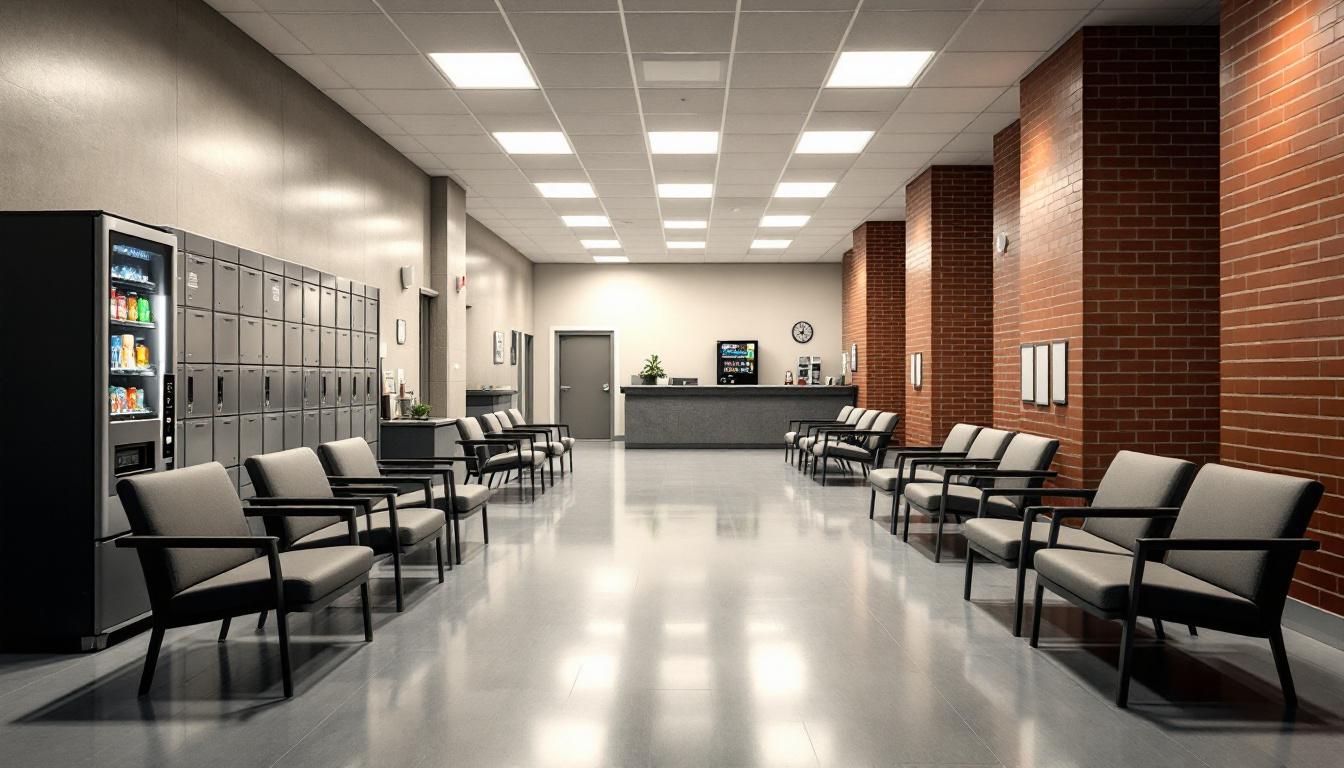
The steady rhythm of institutional schedules shapes each day, yet individuals at Davidson County Hill Detention Center find moments of personal routine within the structured environment. Today typically begins with early morning counts and meal service, followed by consistently scheduled activities that may include educational programming, work assignments, or recreational periods. The facility generally maintains organized daily routines that help individuals navigate their time while providing opportunities for personal development and maintaining connections with the outside world.
Living accommodations at the facility typically consist of housing units designed to accommodate multiple individuals, with basic furnishings and personal storage space for approved belongings. Furthermore, individuals generally have access to commissary services where they may purchase personal items, snacks, and hygiene products using funds from their accounts. The dining arrangements usually involve scheduled meal times in designated areas, with meals prepared according to standard nutritional guidelines and dietary restrictions when medically necessary.
Although the structured environment maintains security protocols, individuals often have opportunities to participate in various programs that may include educational classes, vocational training, or recreational activities. The facility typically offers visiting arrangements that allow family members and approved contacts to maintain relationships through scheduled visits, while communication options generally include monitored phone calls and correspondence. Work assignments within the facility may involve food service, maintenance, or administrative support roles, providing individuals with daily structure and potentially valuable skills for their eventual reintegration into the community.
Ready to Connect?
Start communicating with your loved one today
Search for an Inmate
